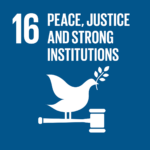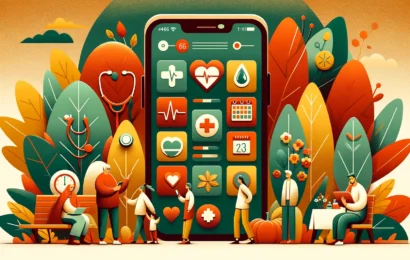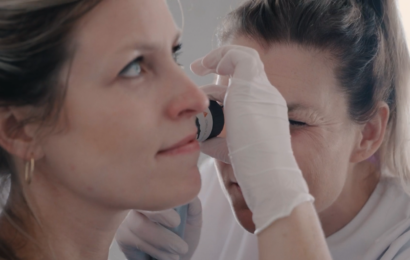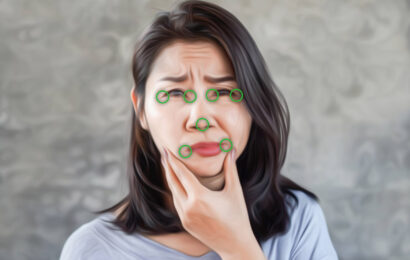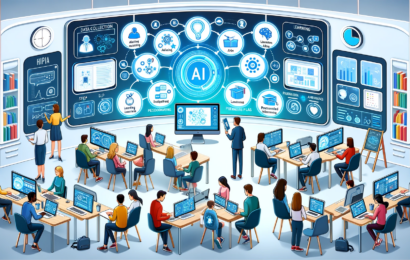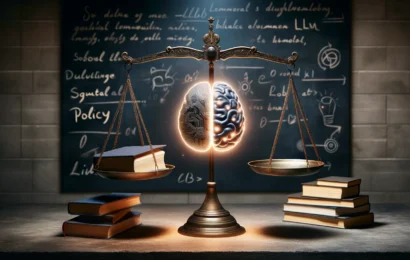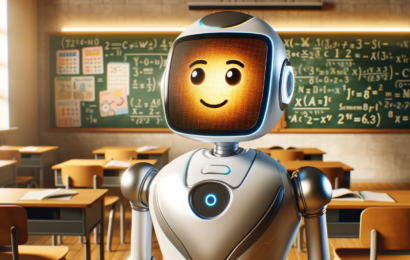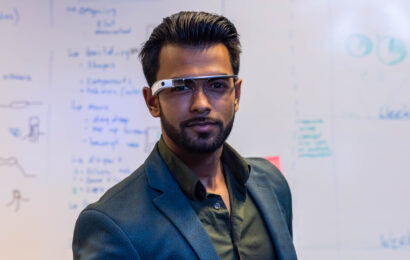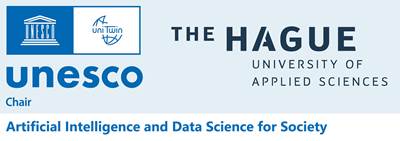
“Artificial Intelligence and Data Science for Society”. That is the name of the chair that UNESCO recently awarded to The Hague University of Applied Sciences. Lampros Stergioulas is the chair holder. As a Data Science lecturer, he has been conducting practice-oriented research for some time and developing education in the field of AI and Data Science around major social themes such as health, well-being and sustainability. The chair enables The Hague to make an even greater contribution to a liveable and sustainable future, locally and internationally.
Elisabeth Minnemann, chair of the Executive Board of The Hague University of Applied Sciences, is proud of the Unesco chair: “We are joining a global network of leading universities, colleges and research institutes. Together we have a wide range of scientific knowledge about the major social issues, which we exchange extensively with each other. As a UNESCO university of applied sciences, we contribute to the sustainable development goals that are on UNESCO’s strategic agenda. With AI & Data Science, technological developments and sustainable development goals go hand in hand. These subjects and their coherence are playing an increasingly central role in our research and education. This chair is an important next step in that direction. With Lampros Stergioulas at the helm, it will undoubtedly be a success.”
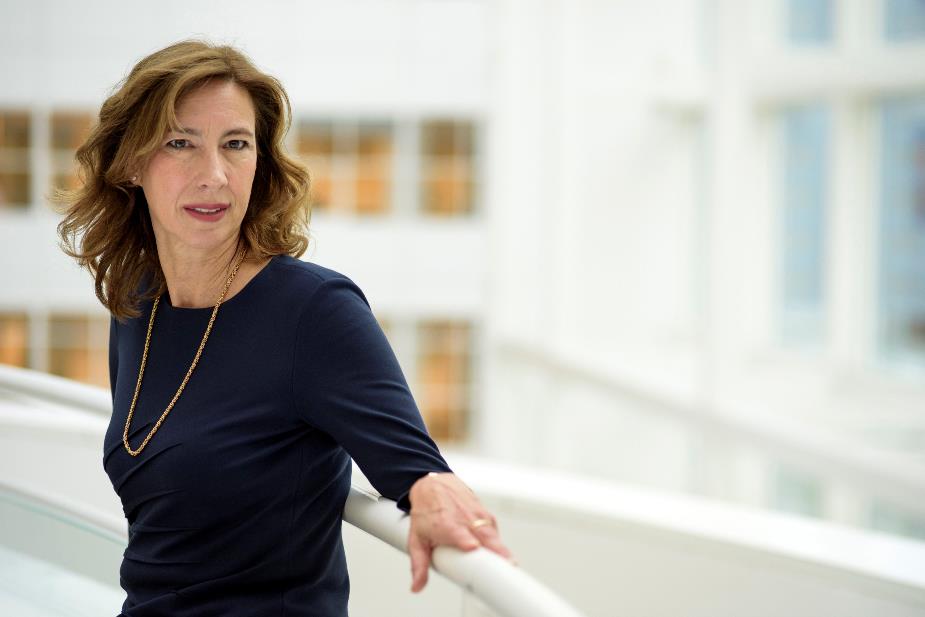
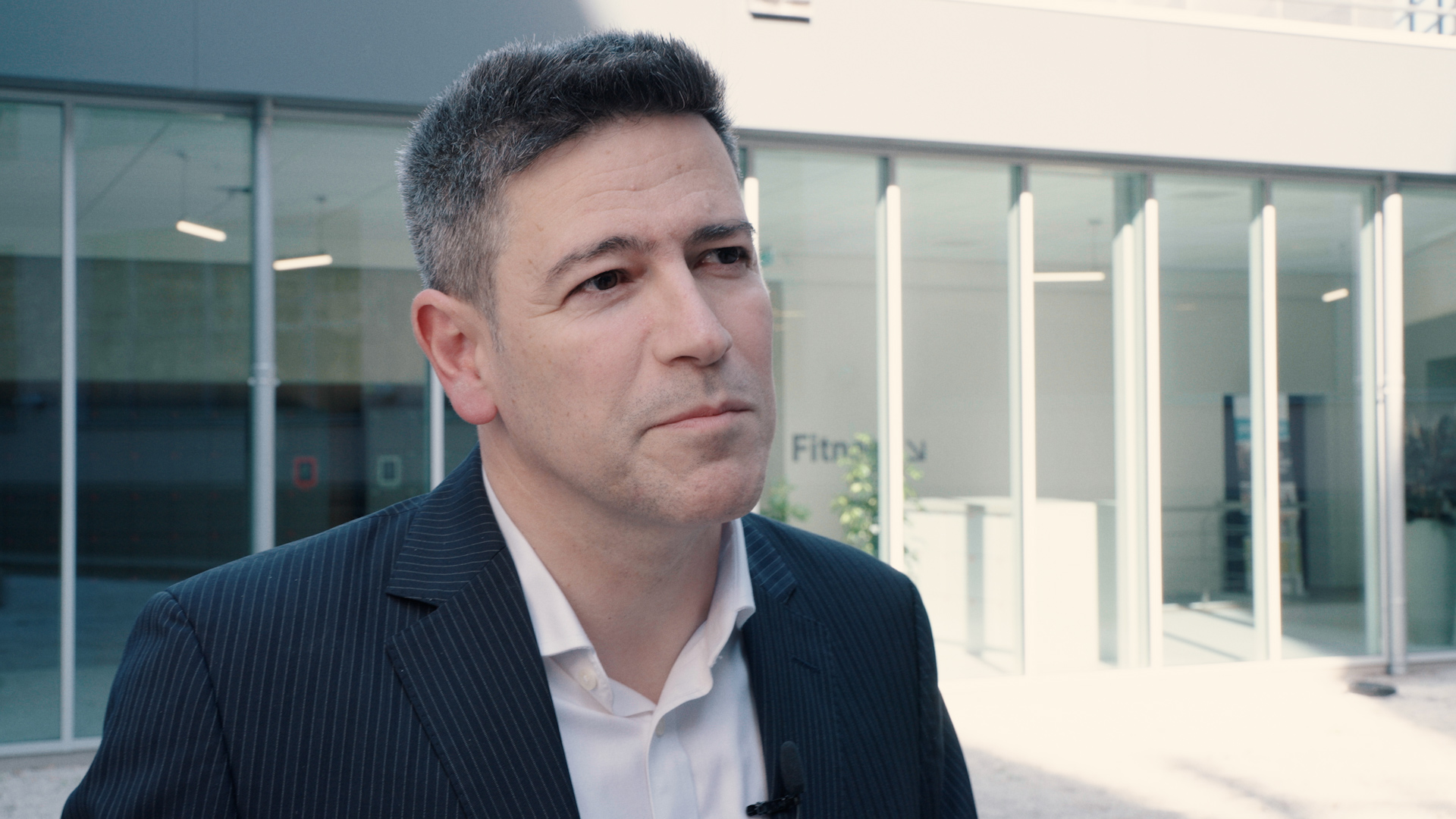
Great honour
Lampros Stergioulas is a Data Science lecturer at The Hague. The professorship is part of the Health Innovation knowledge centre, which uses social and technological innovations to promote the health of citizens. Stergioulas’ ambition? Establish a world-class research and education program to develop human- and practice-oriented AI and Data Science. In addition to the Unesco network, The Hague brings together local and international strategic partners from its own knowledge network, industry and government. Stergioulas is honored: “I look forward to exploring and developing innovative AI and Data Technology as a chair holder. Together with partners, colleagues and students, I will work on solutions with impact for major issues that concern us all.”
AI and Data Science in practice
With AI and Data Science you can discover patterns in huge amounts of diverse data. This allows you to make models and make predictions that contribute to solving social issues. Stergioulas: “A concrete example of this is the research we conducted with partners abroad into vaccinations. An app was used to collect a variety of data about reasons why people did not get vaccinated and how they had received information about vaccinations. The findings were taken into account when drawing up a public campaign.”
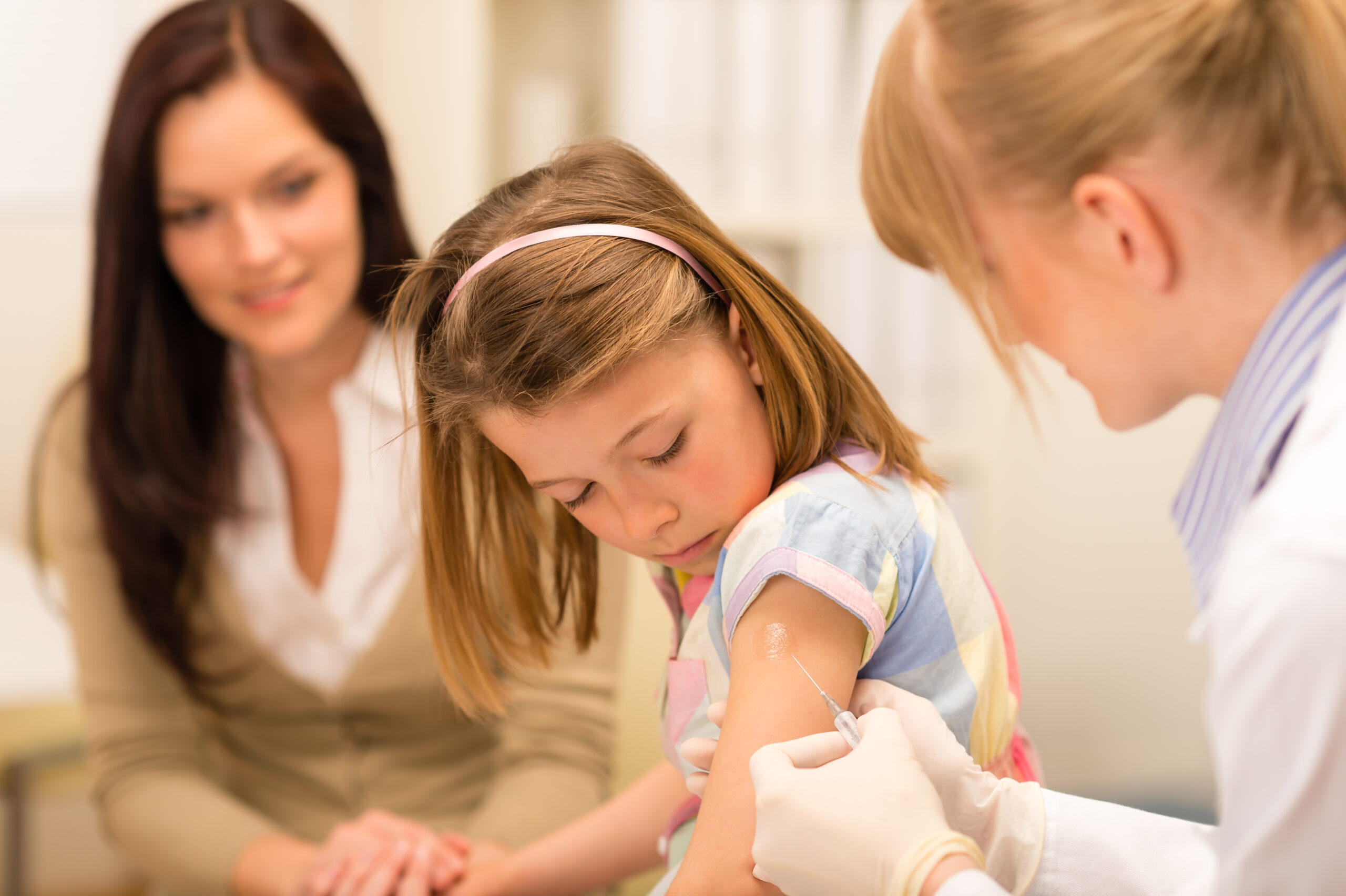

A good ‘AI society’
AI and Data Science will ensure a lot of progress in all facets of our society. This also entails an important ethical aspect. Stergioulas: “Society as a whole should be able to benefit from this progress. Emerging AI technologies should benefit our societies and humanity as a whole. We therefore participate in the international development of ethical frameworks for AI. Creating a good ‘AI society’ together, that is the goal. That is also a UNESCO priority.”
Sustainable Development Goals
On June 2018, during the ‘SDG in Motion’ conference, The Hague University of Applied Sciences signed a letter of intent along with seven other universities to use the Sustainable Development Goals 2030 (SDGs) in their curricula. This commitment extends as well to our research efforts. Shown below is the projects of the UNESCO chair and how they relate to the SDGs.
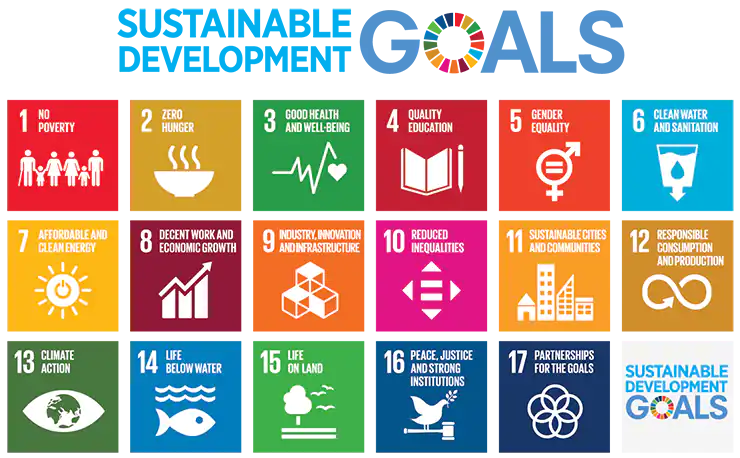
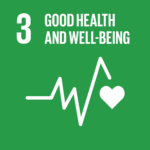
SDG3- Good Health
Mobile health apps
ECOTIP: Ecosyndemic data
Risk signaling
Infant Blink Detection
Digital Health Challenges
Virtual Jelle
Start(V)aardig
Diabetic Foot Ulcers
Palsy diagnosis
Socioeconomic Status
IT 4 Seniors
Smart Teddy
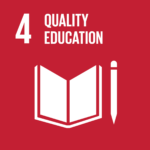
SDG4- Quality Education
SELAR workflow
Policy AI in Education
A.L.E.R.S. Learning Environment
GPT for grading exams
GPT Powered Classroom
AR for deaf students
Professional Practice
Education Analytics
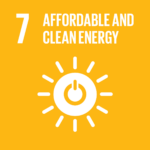
SDG7- Clean Energy
Local energy systems
Solar energy prediction
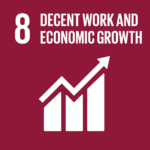
SDG8- Economic Growth
Airport load modelling
AI message parsing
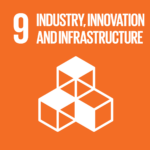
SDG9- Industry Innovation
Airport load modelling
AI message parsing
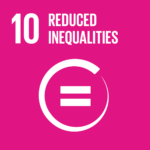
SDG10- Reduced Inequalities
A.L.E.R.S. Learning Environment
GPT for grading exams
AR for deaf students
Socioeconomic Status
IT 4 Seniors
Smart Teddy
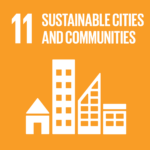
SDG11- Sustainable Cities
ECOTIP: Ecosyndemic data
Safe drinking water
City Scrapper
Firefighter forecasting
Local energy systems
Solar energy prediction
AI message parsing
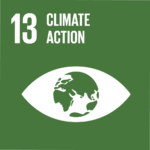
SDG13- Climate Action
Safe drinking water
Local energy systems
Solar energy prediction
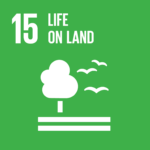
SDG15- Life on Land
Safe drinking water
Firefighter forecasting
